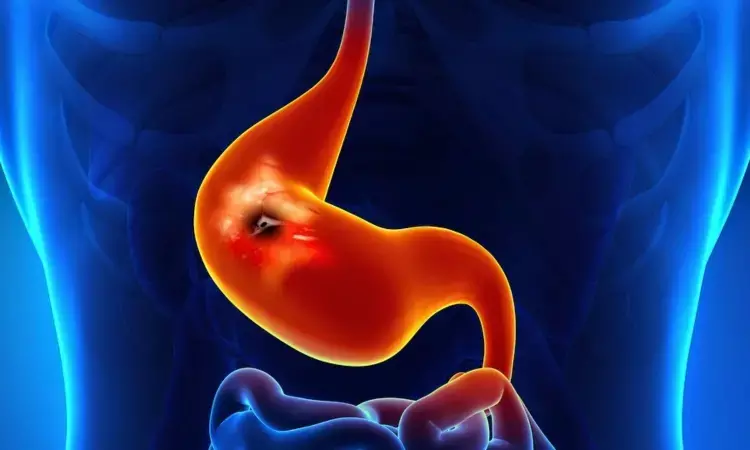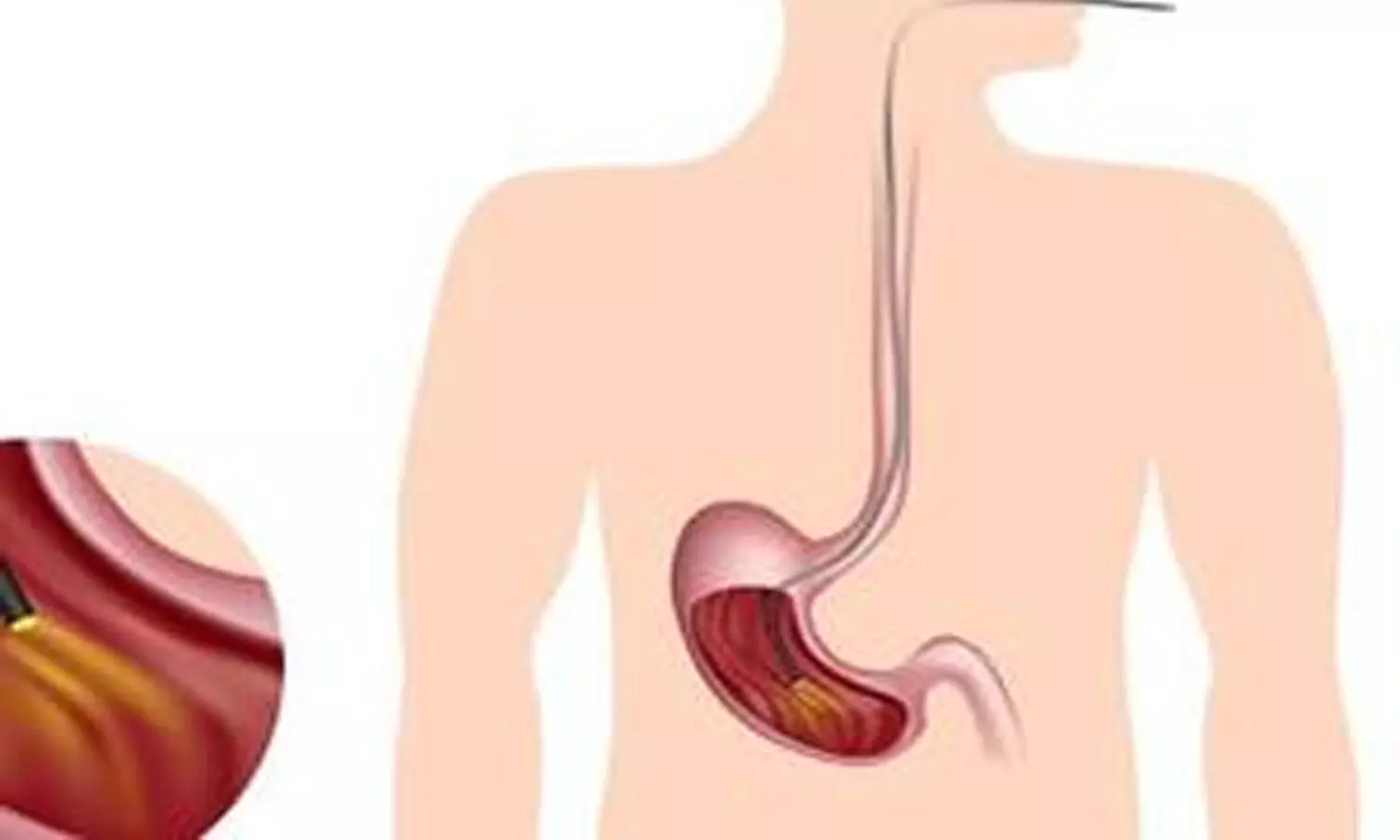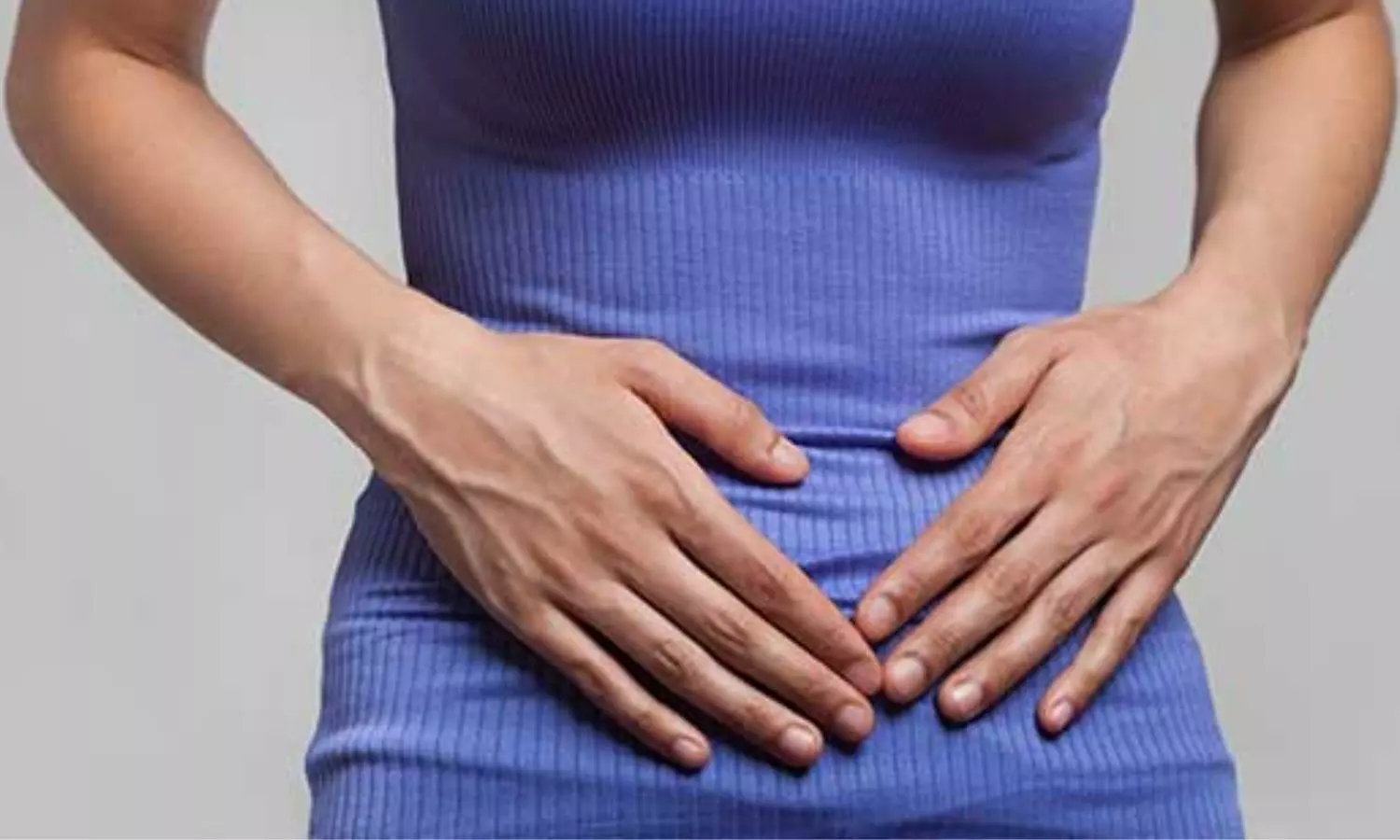- Home
- Medical news & Guidelines
- Anesthesiology
- Cardiology and CTVS
- Critical Care
- Dentistry
- Dermatology
- Diabetes and Endocrinology
- ENT
- Gastroenterology
- Medicine
- Nephrology
- Neurology
- Obstretics-Gynaecology
- Oncology
- Ophthalmology
- Orthopaedics
- Pediatrics-Neonatology
- Psychiatry
- Pulmonology
- Radiology
- Surgery
- Urology
- Laboratory Medicine
- Diet
- Nursing
- Paramedical
- Physiotherapy
- Health news
- Fact Check
- Bone Health Fact Check
- Brain Health Fact Check
- Cancer Related Fact Check
- Child Care Fact Check
- Dental and oral health fact check
- Diabetes and metabolic health fact check
- Diet and Nutrition Fact Check
- Eye and ENT Care Fact Check
- Fitness fact check
- Gut health fact check
- Heart health fact check
- Kidney health fact check
- Medical education fact check
- Men's health fact check
- Respiratory fact check
- Skin and hair care fact check
- Vaccine and Immunization fact check
- Women's health fact check
- AYUSH
- State News
- Andaman and Nicobar Islands
- Andhra Pradesh
- Arunachal Pradesh
- Assam
- Bihar
- Chandigarh
- Chattisgarh
- Dadra and Nagar Haveli
- Daman and Diu
- Delhi
- Goa
- Gujarat
- Haryana
- Himachal Pradesh
- Jammu & Kashmir
- Jharkhand
- Karnataka
- Kerala
- Ladakh
- Lakshadweep
- Madhya Pradesh
- Maharashtra
- Manipur
- Meghalaya
- Mizoram
- Nagaland
- Odisha
- Puducherry
- Punjab
- Rajasthan
- Sikkim
- Tamil Nadu
- Telangana
- Tripura
- Uttar Pradesh
- Uttrakhand
- West Bengal
- Medical Education
- Industry
Metoclopramide may decrease need for second look Endoscopic Visualization in Active Upper GI Bleeding

In a recent breakthrough study conducted between April 2021 and October 2022, researchers delved into the effectiveness of metoclopramide in improving gastric visualization for patients experiencing active upper gastrointestinal bleeding (UGIB). They found that Metoclopramide did not significantly enhance endoscopic visualization overall but notably reduced the need for a second-look esophagogastroduodenoscopy (EGD) in patients with active UGIB.
The trial results were published in 'The American Journal of Gastroenterology.'
The 2021 ACG Guidelines proposed the administration of intravenous (IV) erythromycin before endoscopy as a means to improve the endoscopic view and decrease the necessity for repeat procedures in individuals with upper gastrointestinal bleeding (UGIB). However, there is limited evidence regarding the use of IV metoclopramide, a more readily available option, particularly in patients experiencing 'active' UGIB. Hence, researchers from Thailand conducted a double-blind, double-center randomized controlled trial to assess the effectiveness of metoclopramide in enhancing gastric visualization for individuals with active UGIB.
The trial conducted between April 10, 2021, and October 8, 2022, enrolled patients with active UGIB, identified by hematemesis or the presence of fresh blood in the nasogastric tube. Participants were randomly assigned in a concealed 1:1 allocation to receive either metoclopramide or a placebo. The primary outcome measured was 'adequate visualization' determined by objective endoscopic visualized gastroduodenal scores (EVS). Secondary outcomes included the mean difference in EVS, duration of esophagogastroduodenoscopy (EGD), immediate hemostasis, the necessity for a second look EGD, units of blood transfusion, length of hospital stay, and 30-day rebleeding rate.
Findings:
- Out of the 68 eligible patients, three from each group were excluded due to protocol violations.
- The final analysis included 62 patients with 31 each in the metoclopramide group and the placebo group.
- There were 77.4% of patients with adequate visualization in the metoclopramide group and 61.6% in the placebo group (odds ratio 2.16 [0.71-6.58], p = 0.16).
- metoclopramide group reported a significantly lesser need for a second look EGD within 72 hours (3.2% vs. 22.6%, odds ratio 0.11 [0.01-0.99], p = 0.02).
- Other secondary outcomes did not show considerable differences. However, in a subgroup analysis focusing on gastric lesions, metoclopramide demonstrated a remarkable improvement in the rate of adequate visualization (92.9% vs. 50%, odds ratio 13 [1.32-128.10], p = 0.03) and mean EVS at the fundus (1.79±0.42 vs. 1.29±0.72; p = 0.03).
In conclusion, while metoclopramide did not significantly enhance endoscopic visualization overall, it emerged as a promising contender in reducing the need for a second look at EGD, particularly in cases of active UGIB. The study's findings provide valuable insights into potential advancements in the treatment of upper gastrointestinal bleeding, paving the way for more targeted and effective interventions in the future.
Take home message:
- This was a double-blind, randomized, placebo-controlled trial that evaluated the effectiveness of metoclopramide for gastric visualization in patients with active upper gastrointestinal bleeding (UGIB). A total of 62 patients were randomized 1:1 to metoclopramide (n = 31) or placebo (n = 31). Overall, metoclopramide was no better than placebo for improving endoscopic visualization for all active UGIB lesions. However, it improved endoscopic visualization and decreased the need for second-look esophagogastroduodenoscopy in a subgroup of patients with active UGIB owing to gastric lesions.
- These results should be interpreted with caution because the positive effect of metoclopramide on improving endoscopic visualization and decreasing the need for second-look esophagogastroduodenoscopy within 72 hours was based on a subgroup analysis.
Further reading: Vimonsuntirungsri et al. The efficacy of metoclopramide for gastric visualization by endoscopy in patients with active upper gastrointestinal bleeding: double-blind randomized controlled trial. The American Journal of Gastroenterology. DOI: 10.14309/ajg.0000000000002620
BDS, MDS
Dr.Niharika Harsha B (BDS,MDS) completed her BDS from Govt Dental College, Hyderabad and MDS from Dr.NTR University of health sciences(Now Kaloji Rao University). She has 4 years of private dental practice and worked for 2 years as Consultant Oral Radiologist at a Dental Imaging Centre in Hyderabad. She worked as Research Assistant and scientific writer in the development of Oral Anti cancer screening device with her seniors. She has a deep intriguing wish in writing highly engaging, captivating and informative medical content for a wider audience. She can be contacted at editorial@medicaldialogues.in.
Dr Kamal Kant Kohli-MBBS, DTCD- a chest specialist with more than 30 years of practice and a flair for writing clinical articles, Dr Kamal Kant Kohli joined Medical Dialogues as a Chief Editor of Medical News. Besides writing articles, as an editor, he proofreads and verifies all the medical content published on Medical Dialogues including those coming from journals, studies,medical conferences,guidelines etc. Email: drkohli@medicaldialogues.in. Contact no. 011-43720751




